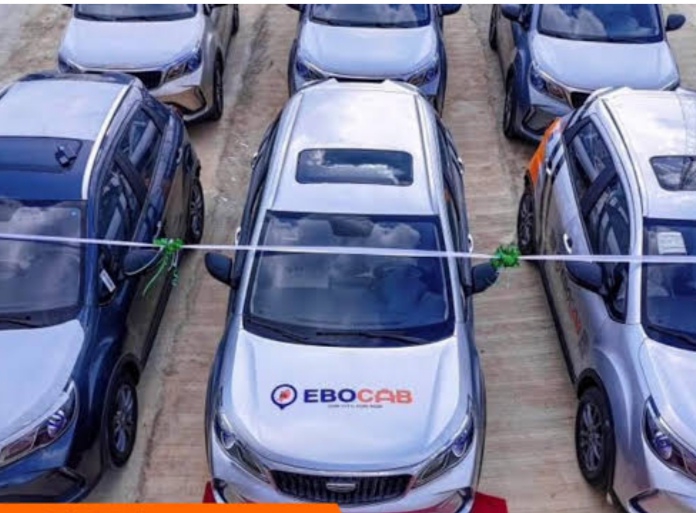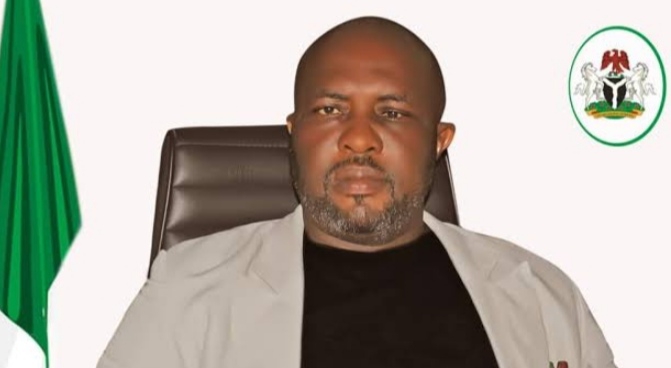The Ebonyi State Commissioner for Transport and Special Projects, Prince Collins Igboke, has clarified that the newly introduced EBOCAB public transport service is not intended to displace commercial tricycle (Keke) operators, but rather to serve a distinct segment of the population seeking a more structured transportation option.
Speaking to journalists in Abakaliki on Tuesday, Igboke explained that EBOCAB is a state-owned initiative launched through a Public-Private Partnership (PPP) with Pidwin’s Company.
Under the agreement, according to him, the state government holds a 95% equity share, while Pidwin retains 5%.
“EBOCAB is a new innovation for Ebonyi. It targets a more structured and possibly financially stable demographic. We are not sacking Keke operators—they remain accessible and more affordable for the common man. The two systems can function side-by-side,” he stated.
Responding to concerns from commercial tricycle operators, the Commissioner emphasized that EBOCAB is not a replacement but an alternative for residents who prefer more formalized transport, particularly for longer journeys or trips involving cargo.
“For instance, people visiting in-laws or transporting items like bags of rice or provisions might prefer EBOCAB, which uses mini-haulers. Meanwhile, tricycles remain ideal for quick, affordable inner-city travel,” he added.
Igboke noted that the introduction of EBOCAB is aimed at elevating transportation standards in Ebonyi, offering a more organized and tech-driven system to complement existing local models.
He further revealed that EBOCAB services could be extended to Enugu upon request, especially for airport pickups. However, such inter-state trips must be logged and approved by management for security and monitoring purposes.
He recalled that out of the 85 vehicles procured for EBOCAB, only 20 are currently operational, and thus, described this as a deliberate strategy to avoid congestion and evaluate initial public response.
“As patronage increases, more vehicles will be deployed. Releasing all 85 at once would overwhelm the roads,” he explained.
To enhance accessibility, Igboke announced that the EBOCAB service can be accessed via a mobile app available on the Google Play Store. The app enables users to book rides, select destinations, and make payments online.
Recognizing the challenges of the digital divide, he also disclosed the establishment of physical booking points and Point-of-Sale (POS) terminals at key locations, including the International Market, Mile 50, PA Ngele Oruta Township Stadium, and other strategic areas.
“We’re partnering with Money Point to install payment terminals at these locations, where users can book trips and pay using their cards,” he concluded.














